Archaeology, Artifacts and Art
681 Views 觀看次數
Open to All 公開
Recommended Videos 影片推薦
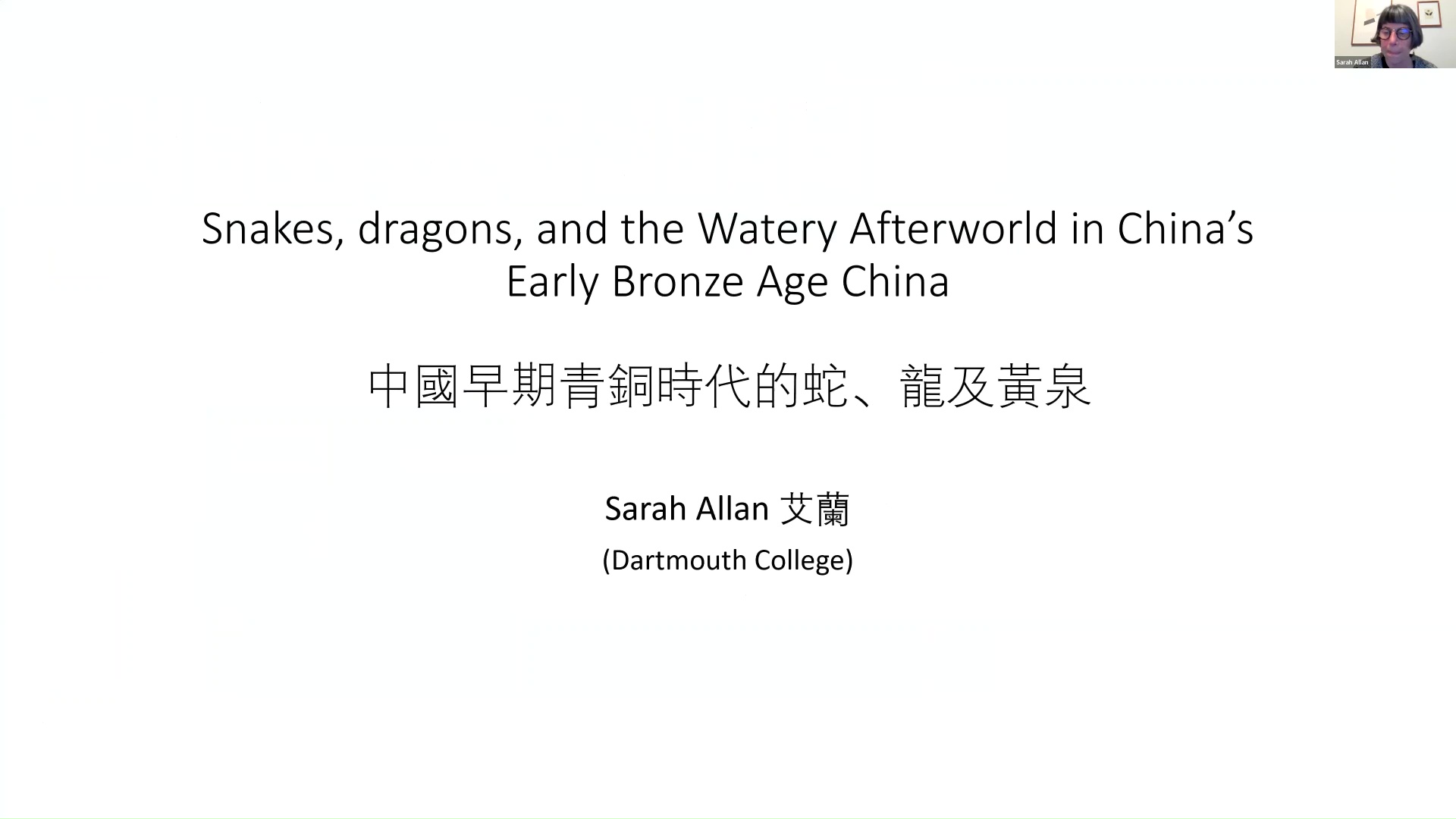
Snakes, Dragons, and the Watery Underworld in China's Early Bronze Age
2023 | 78 mins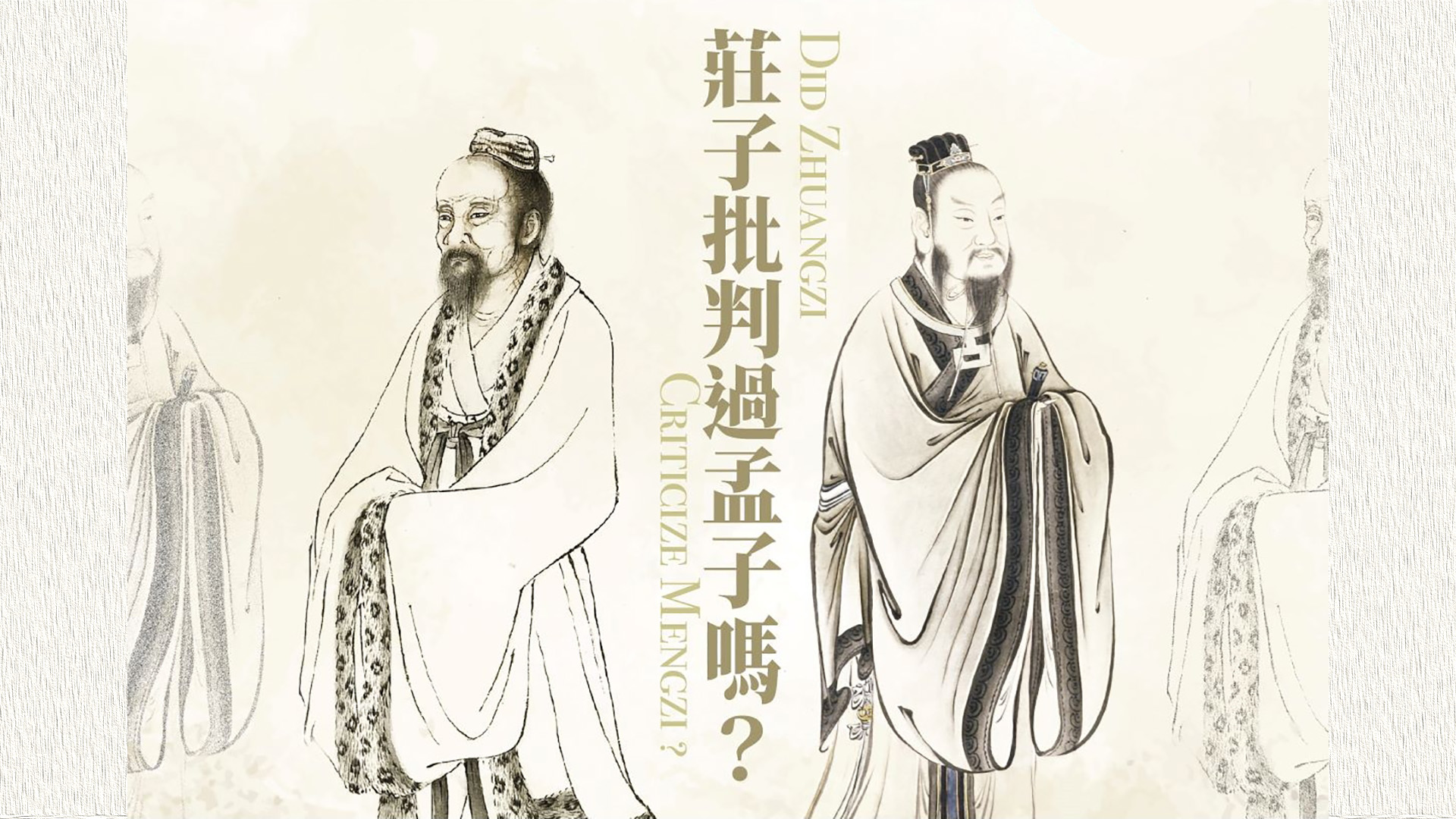
Did Zhuangzi Criticize Mengzi?
2024 | 79 mins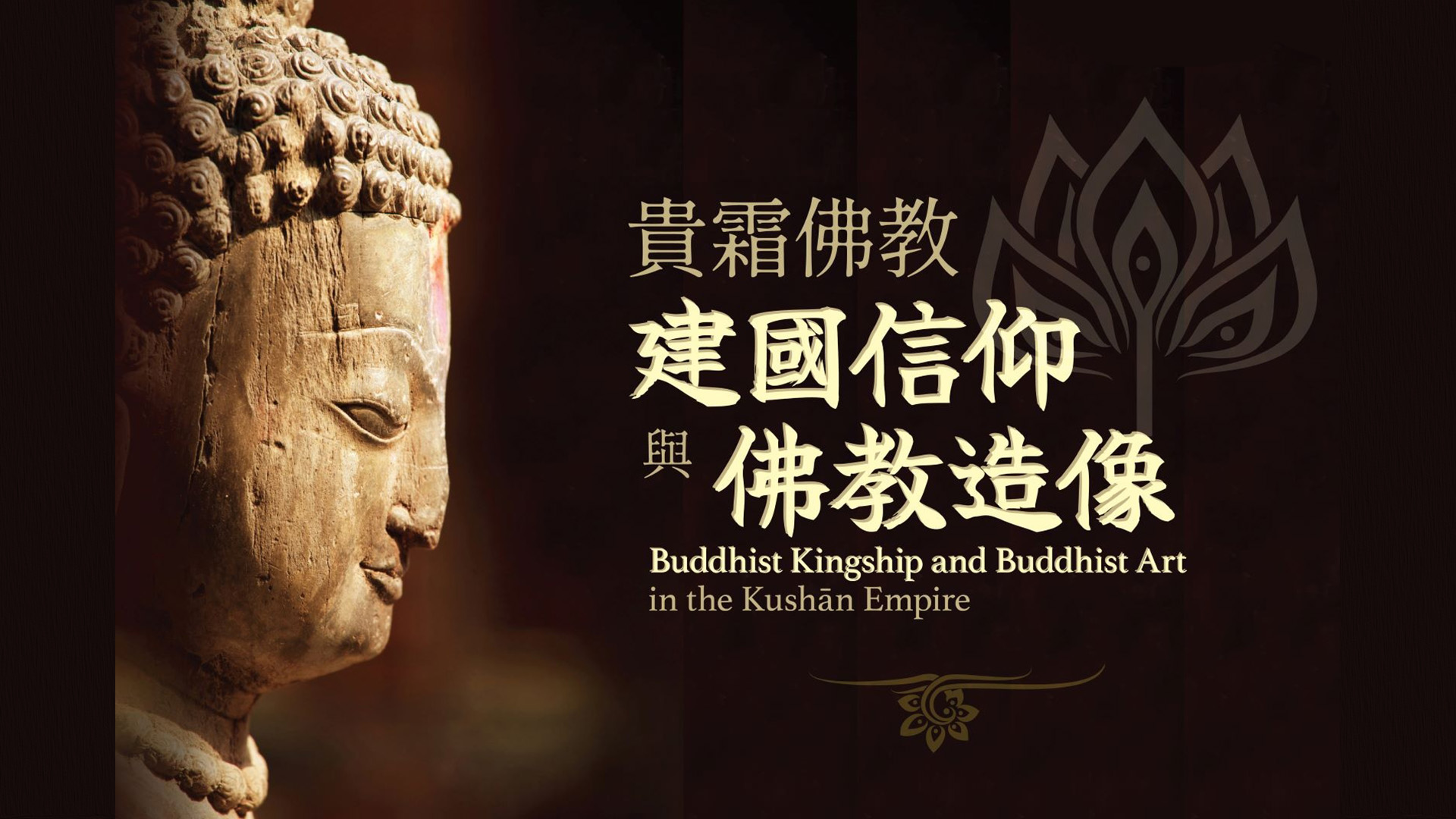
贵霜佛教建国信仰与佛教造像
2024 | 106 mins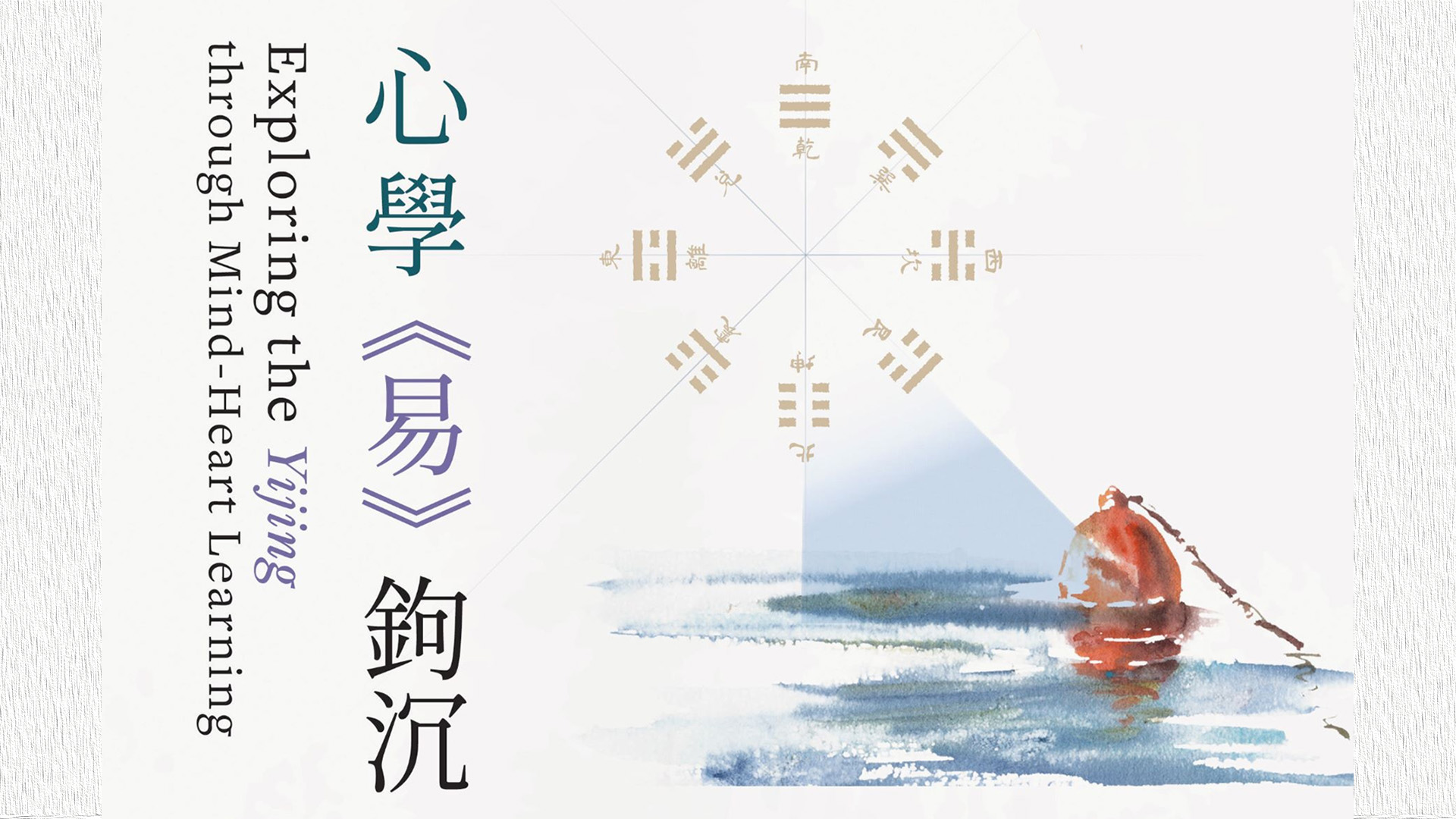
心学《易》钩沉
2024 | 86 mins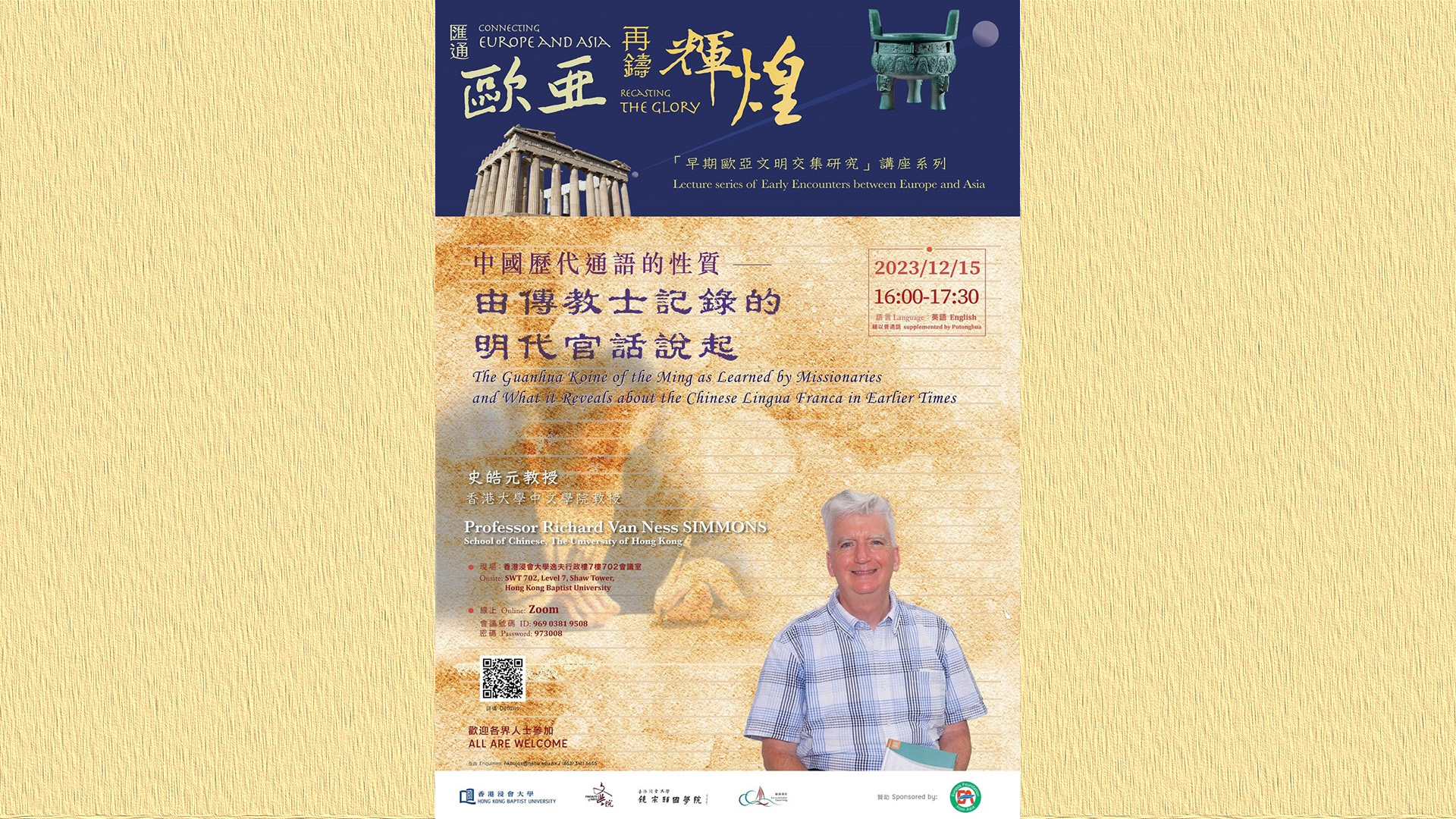
The Guanhua Koine of the Ming as Learned by Missionaries and What it Reveals about the Chinese Lingua Franca in Earlier Times
2023 | 92 mins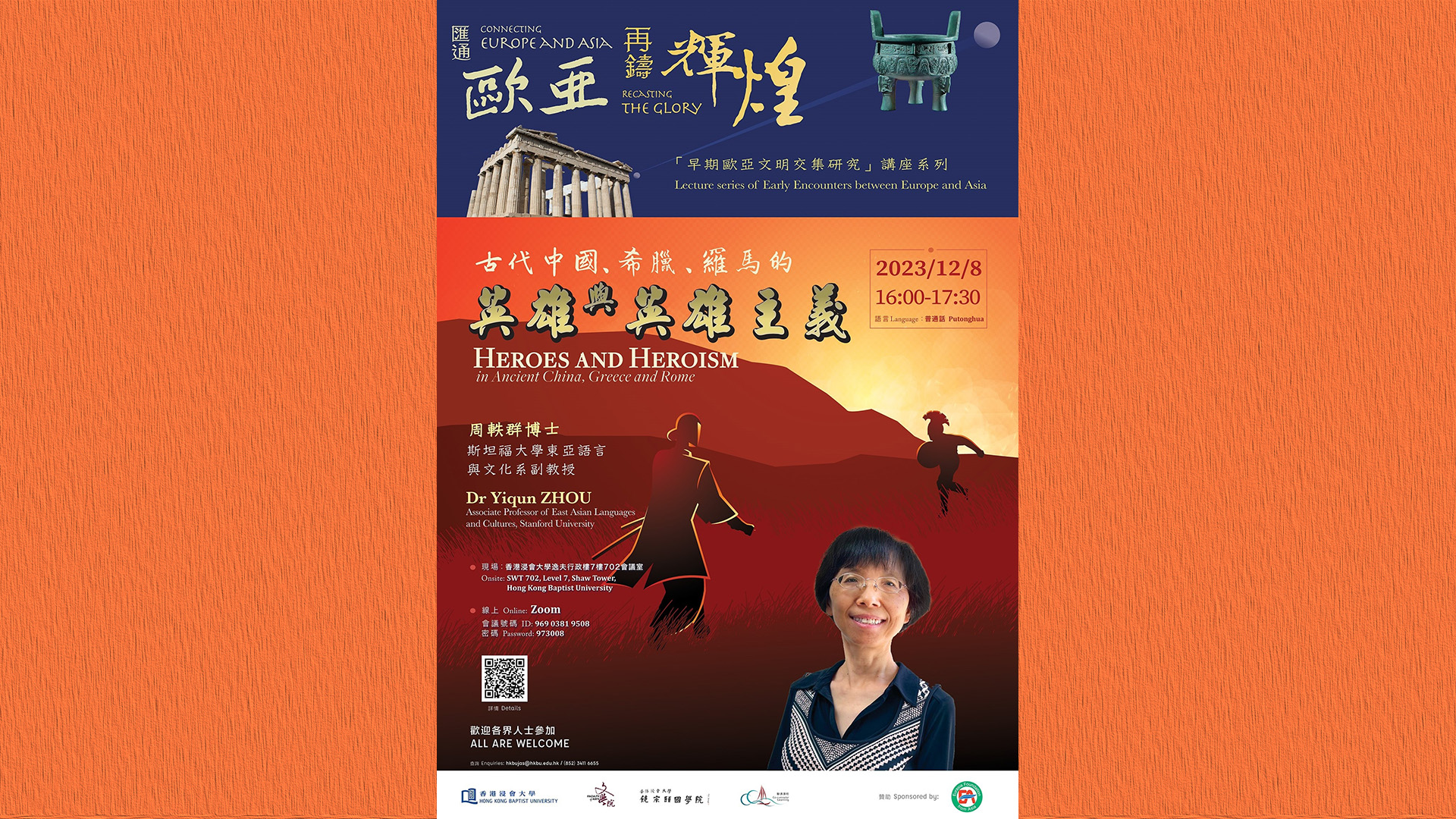
古代中国、希腊、罗马的英雄与英雄主义
2023 | 90 mins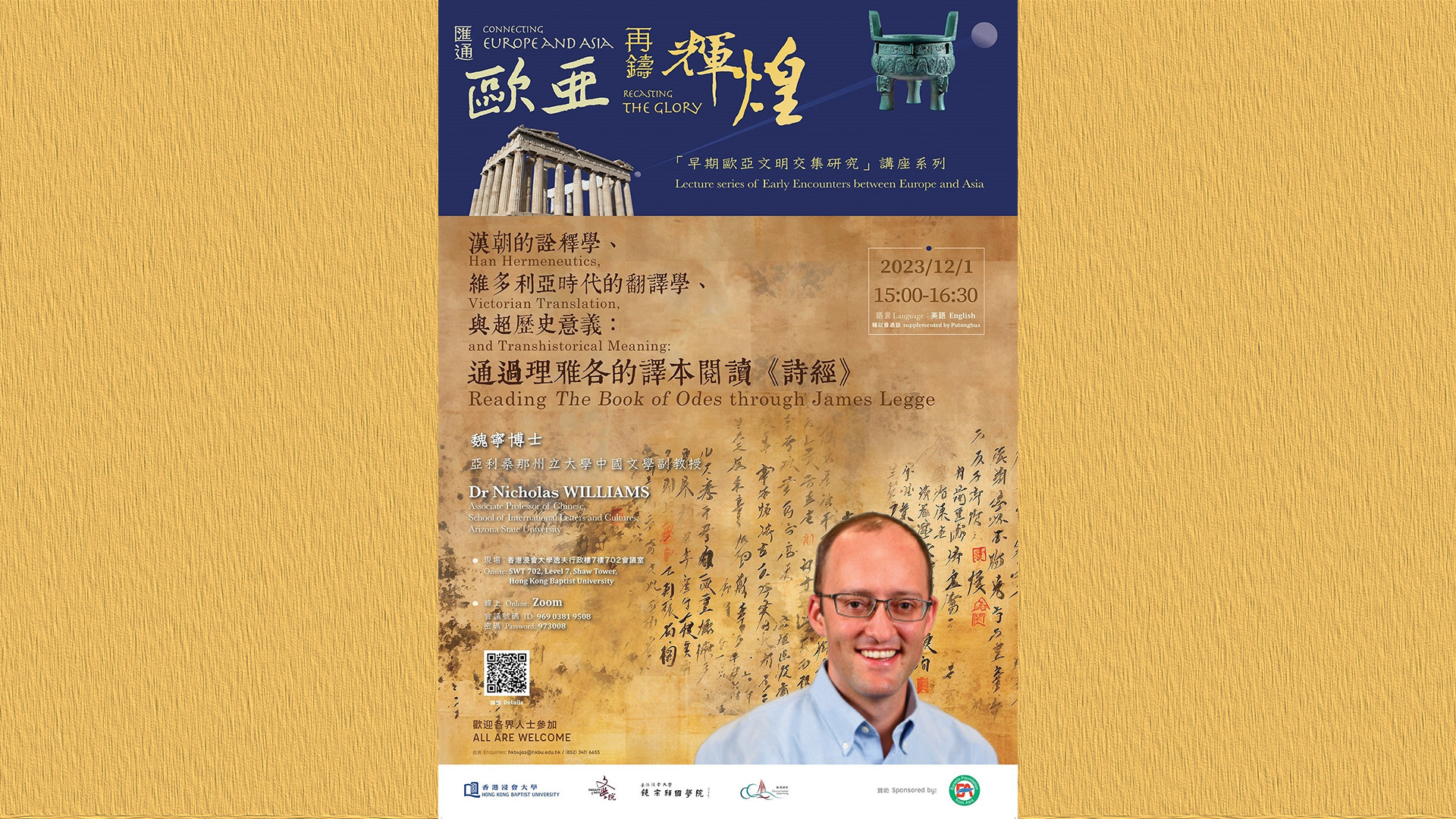
Han Hermeneutics, Victorian Translation, and Transhistorical Meaning: Reading The Book of Odes through James Legge
2023 | 96 mins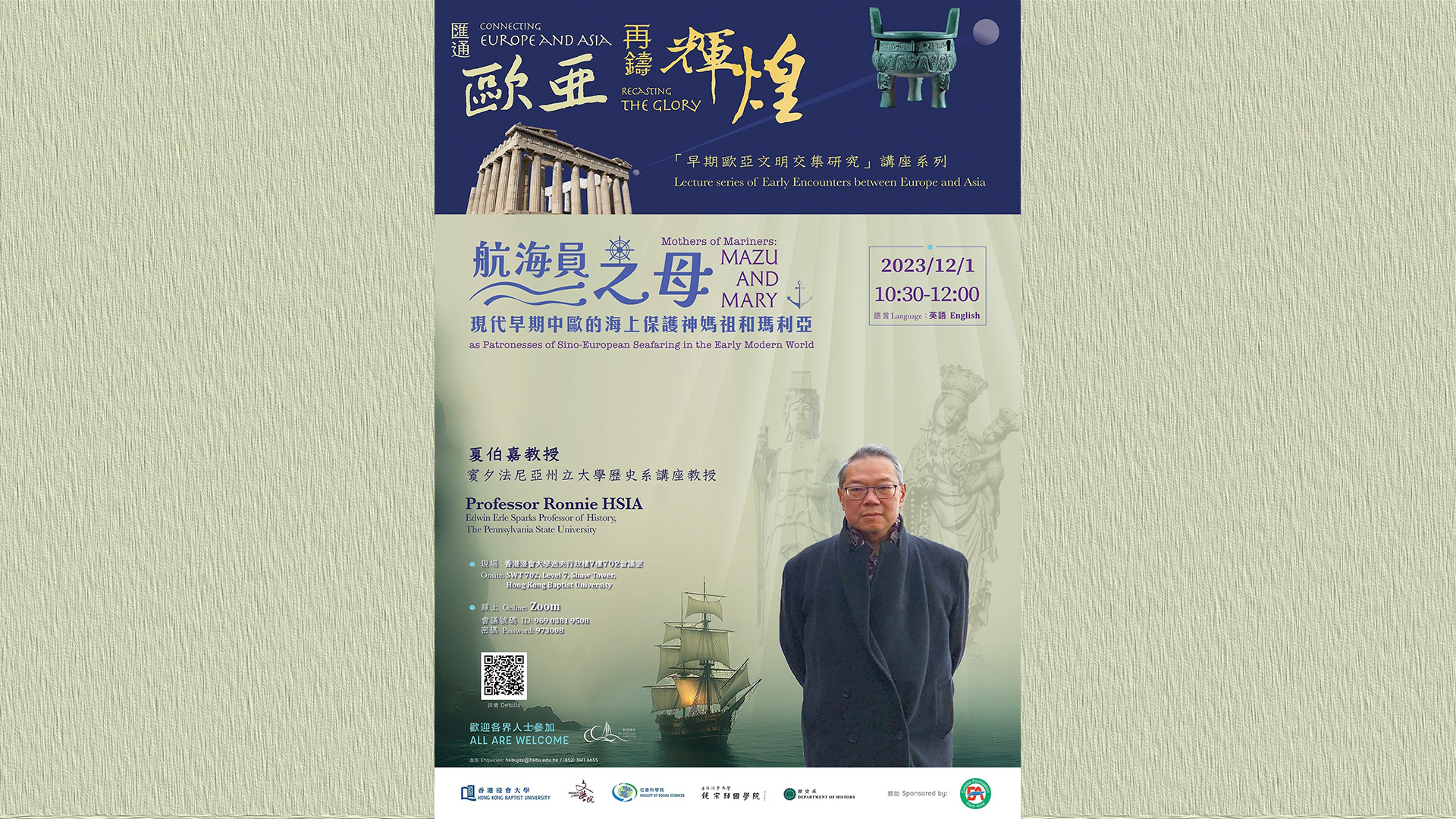
Mothers of Mariners: Mazu and Mary as Patronesses of Sino-European Seafaring in the Early Modern World
2023 | 100 mins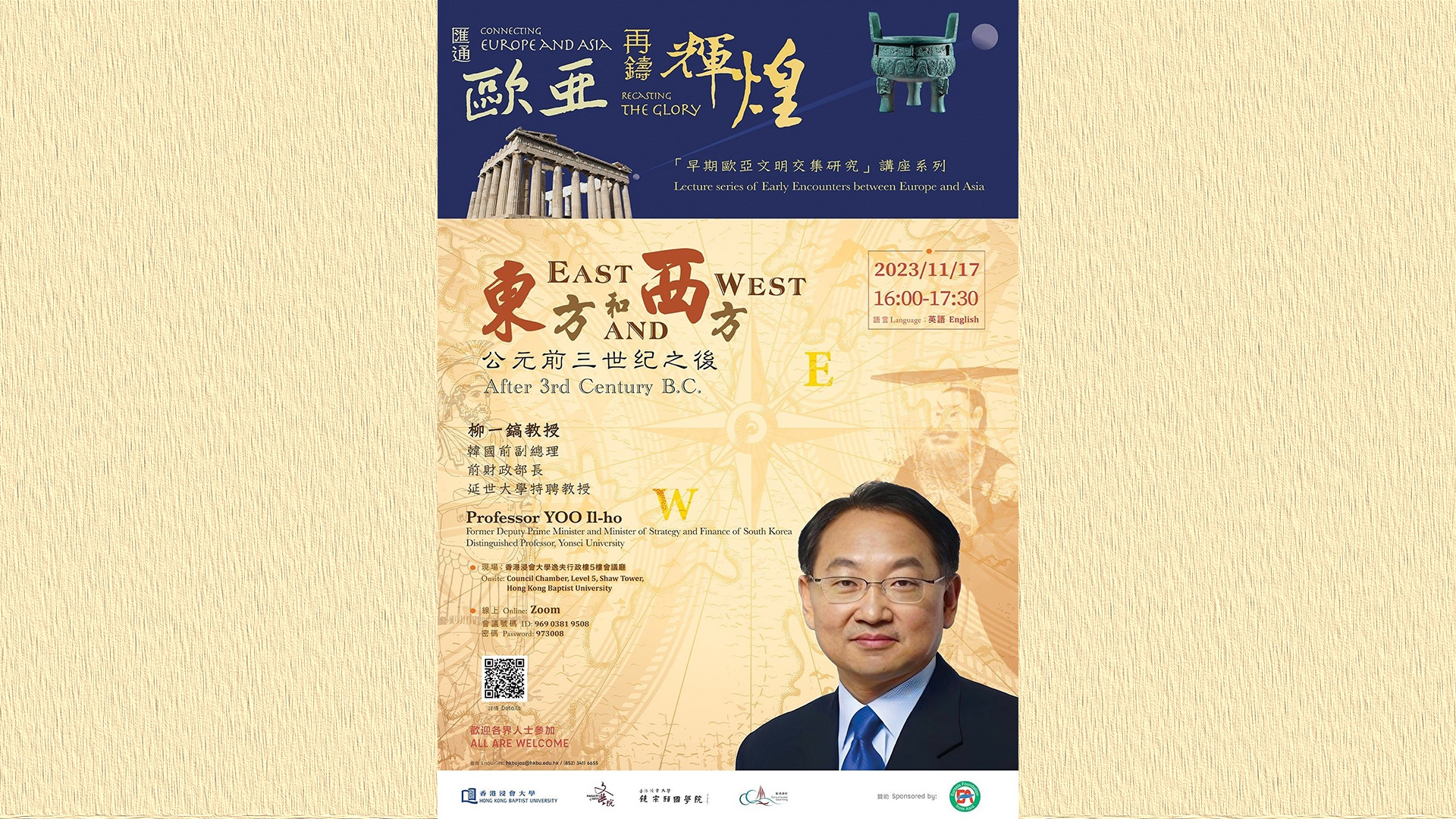
East and West; After 3rd Century B.C.
2023 | 81 mins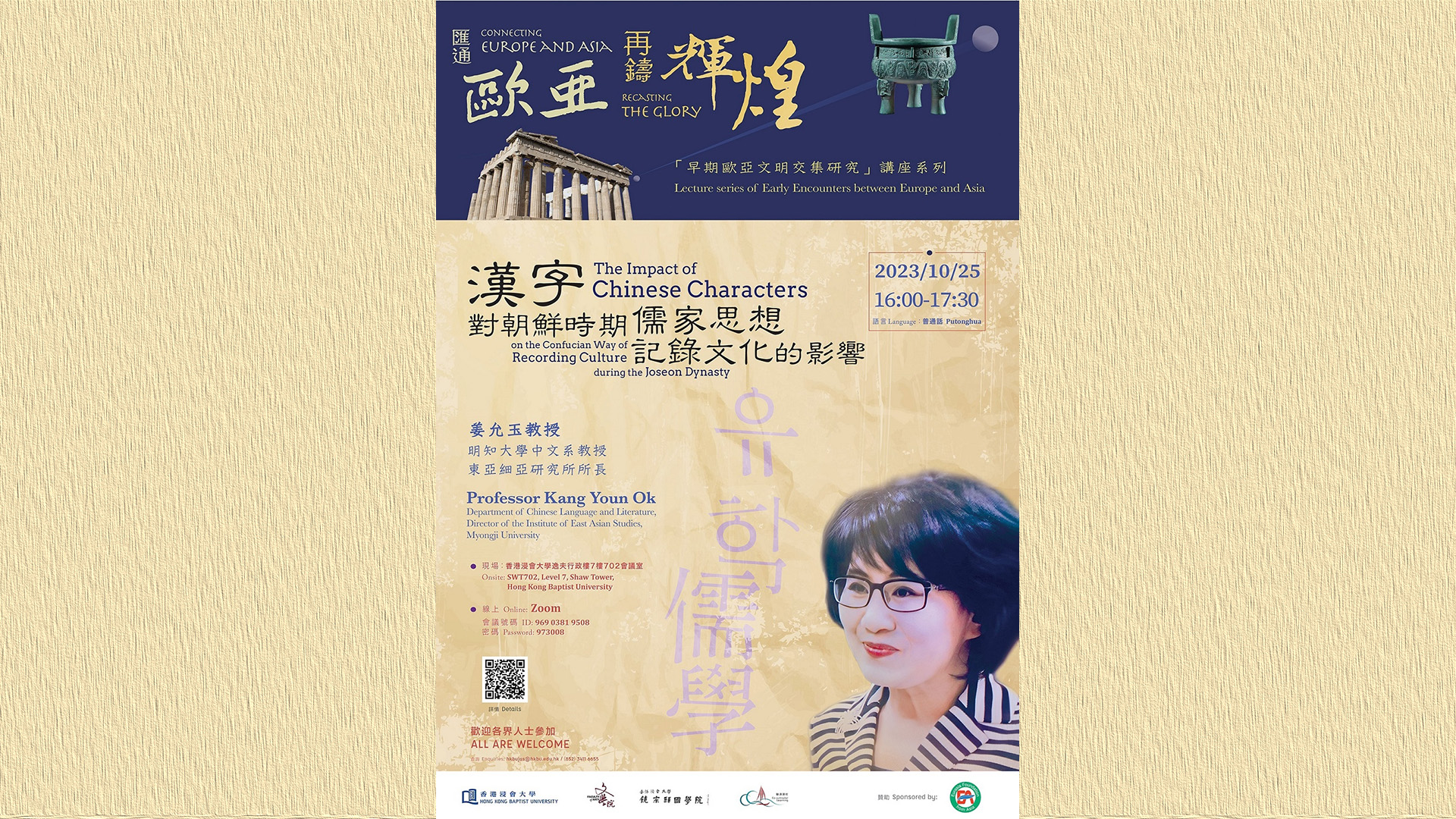
汉字对朝鲜时期儒家思想记录文化的影响
2023 | 97 mins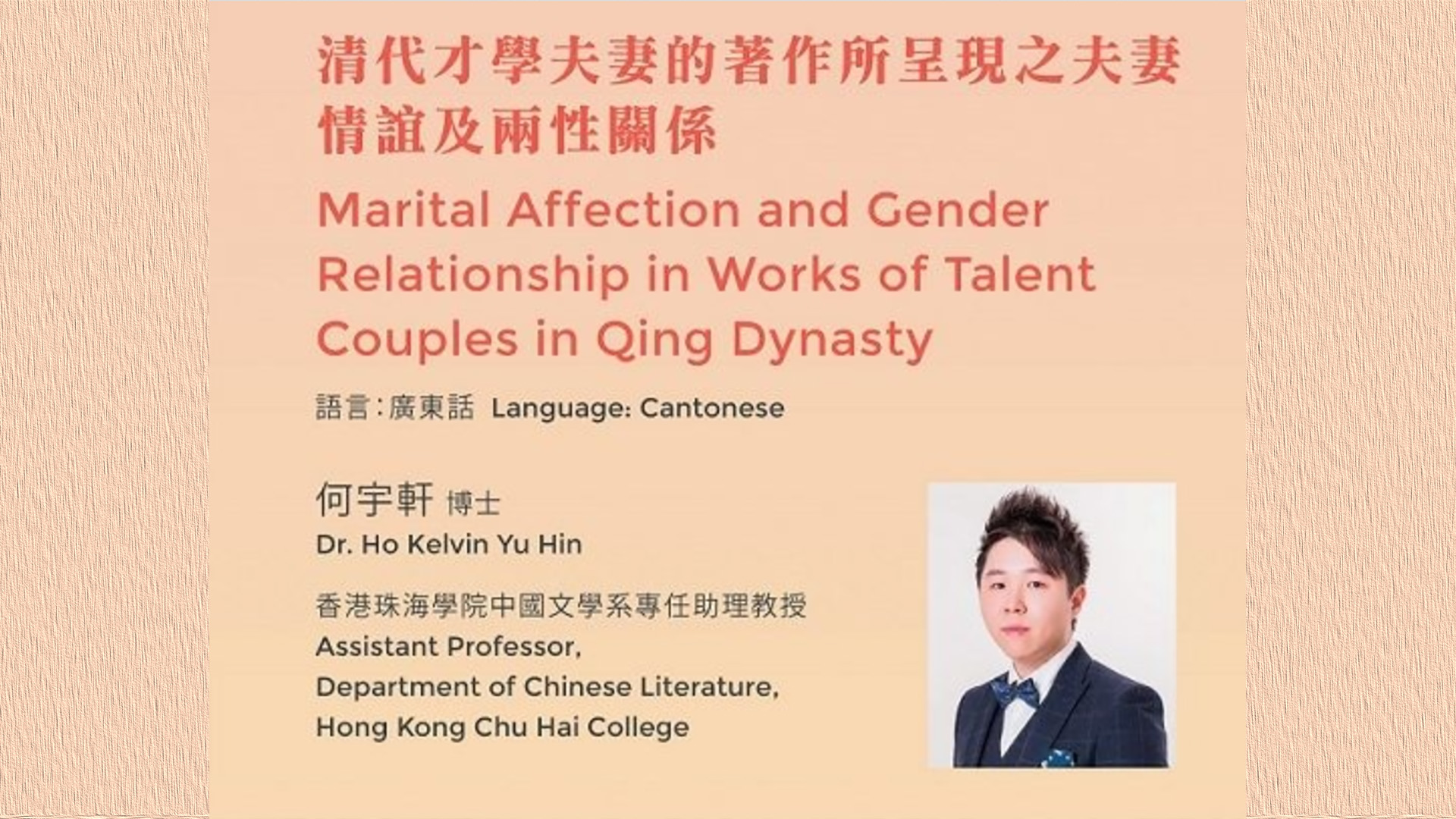
清代才學夫妻的著作所呈現之夫妻情誼及兩性關係
2023 | 93 mins
Audio 語言
Full Disclaimer
This video is presented here with the permission of the producers. Any downloading, storage, reproduction, and redistribution are strictly prohibited without the prior permission of the respective producers. Go to Full Disclaimer.






